I was pulled into the hype surrounding The Fire Sermon by its clever marketing campaign – well, clever and prolific. It sounded like a fun (can we call dark dystopias ‘fun’?) premise and I was excited to read a novel by a new voice in the YA dystopian genre. This is Francesca Haig’s debut novel, the first of a planned trilogy. While Haig’s prose is more than competent and I found myself eager to race through the pages, I was left feeling it could have been so much more.
It was really rather a strange experience reading this novel. Even when The Fire Sermon gets bogged down in its own heavy handed hammering of character motivations and ideology indoctrination, I still found I was racing to the finish line. Even when I was annoyed by it, I found a strange compulsion to read on. While often tedious and always unoriginal, it still manages to be enjoyable. A Sunday afternoon read that requires very little thought on the part of the consumer.
Plot
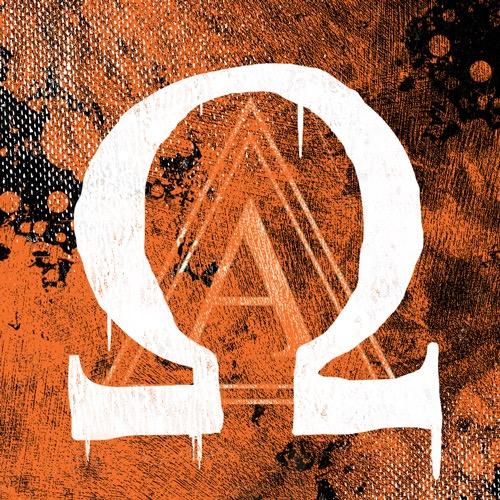 A terrible ‘blast’ leaves the world devastated. The humans who manage to survive struggle to survive without electricity and other mod cons they had before the collapse of their world. In the aftermath, it becomes clear that human reproduction has been irreversibly changed. Each birth now gives life to twins: one physically perfect specimen, the alpha, and one deformed, the omega. The twins are split so that they may grow up within the new caste system that is formed. The twins are intrinsically linked, however. When one dies, so does the other.
A terrible ‘blast’ leaves the world devastated. The humans who manage to survive struggle to survive without electricity and other mod cons they had before the collapse of their world. In the aftermath, it becomes clear that human reproduction has been irreversibly changed. Each birth now gives life to twins: one physically perfect specimen, the alpha, and one deformed, the omega. The twins are split so that they may grow up within the new caste system that is formed. The twins are intrinsically linked, however. When one dies, so does the other.
Cass is born a ‘seer’ – physically perfect with her ‘deformity’ taking the form of visions. Her Alpha twin, Zach, becomes a powerful member of government. Determined to protect himself, Zach has Cass locked up in a secure facility away from any possible assassination attempts. In the course of escaping her prison, Cass comes across a dark secret. She is pursued across the land, as she seeks out the mythical Omega rebellion.
Left with too many why’s
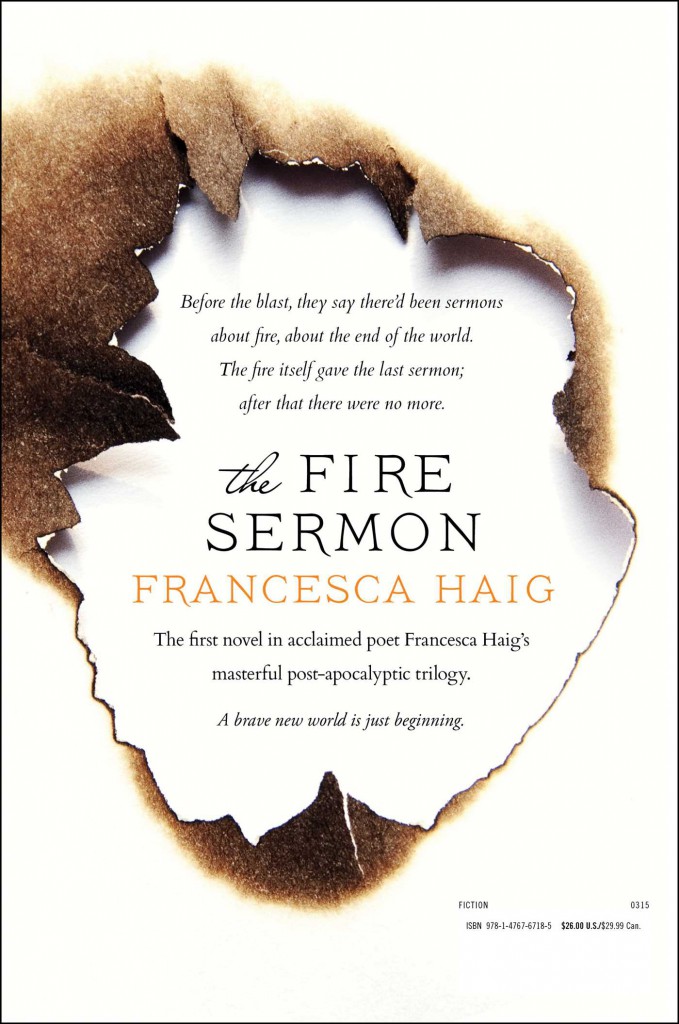 At no point are we given an explanation as to why twins are always born, one ordinary, the other deformed. Radiation after the vague ‘blast’ is a potential factor, but nothing to suggest any reason why this change is so universal – there’s never any twins born both normal, or anyone born without a twin. I have real questions about that, though apparently the characters within that world don’t.
At no point are we given an explanation as to why twins are always born, one ordinary, the other deformed. Radiation after the vague ‘blast’ is a potential factor, but nothing to suggest any reason why this change is so universal – there’s never any twins born both normal, or anyone born without a twin. I have real questions about that, though apparently the characters within that world don’t.
Haig also completely glosses over how and why very occasionally ‘seers’ are born – deformed in the sense that they have extra abilities, but otherwise no physical deformities. And then, there’s no clear definition around the powers of ‘seers’, what they can and can’t do. Even the main character’s powers are incredibly vague and not always consistent, explained away by the notion that she has no control over it, sometimes visions come, sometimes they are clear, other times fuzzy, maybe to do with distance, maybe not. Who knows?!
Generally undercooked
The plot is a kind of caricature of the genre; so predictable and generic if you took out specific identifiers to the novel it could almost fit any other dystopian novel of recent years. At times Haig is so focused on giving the characters emotional depth that she lingers on their thoughts and feelings too long, often repeating information we’ve been given (several times) before. Exposition is dumped on us in unrealistic, overlong dialogue, and the romances are so forced they aggravated me. Proximity does not equal chemistry, when will writers learn this?! Just cause a girl and a boy go on an adventure together does not necessarily mean they’ll end up boning. Get over it.
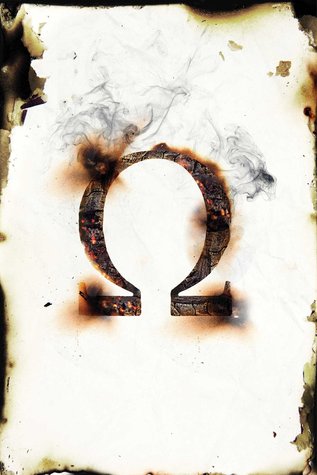 I am so very sick of novels, films, TV shows, where the characters are purely reactive. The reason The Hunger Games is so popular is that Katniss as a character is much more proactive than so many others in YA dystopian fiction, and certainly has far more agency than Cass in The Fire Sermon. The entire novel is Cass reacting, never taking charge, until the very end – and when she does take action, it is a terrible plan that fails almost instantly and she’s saved by a knight in shining armour. Sure, the set-up is there for her to potentially kick ass in the sequel novels (this is a planned series), but I wanted more from her in this novel. Otherwise it just felt like a placeholder, treading water until she has her training montage where she discovers how to use her powers and turns into a huge badass.
I am so very sick of novels, films, TV shows, where the characters are purely reactive. The reason The Hunger Games is so popular is that Katniss as a character is much more proactive than so many others in YA dystopian fiction, and certainly has far more agency than Cass in The Fire Sermon. The entire novel is Cass reacting, never taking charge, until the very end – and when she does take action, it is a terrible plan that fails almost instantly and she’s saved by a knight in shining armour. Sure, the set-up is there for her to potentially kick ass in the sequel novels (this is a planned series), but I wanted more from her in this novel. Otherwise it just felt like a placeholder, treading water until she has her training montage where she discovers how to use her powers and turns into a huge badass.
The entire premise of the novel is based on opposites, the dichotomy between the alphas and omegas. While most of the problems of the fictional world are a result of viewing the twins as two separate entities – more than that, as enemies – is the main issue Cass fights again. She insists that they are two parts of a whole. Her upbringing is different from most of the twins in that she is ‘split’ as a teenager, so she spent much of her youth with her twin. But we are never really given any reason why she feels such warmth towards Zach – he’s basically an asshat (and yes, that’s the technical term for it). So it made it hard for me to get on board with her point of view. Why was she always making excuses for his awful behaviour? Blaming herself?
Ableism = discrimination against disabled people
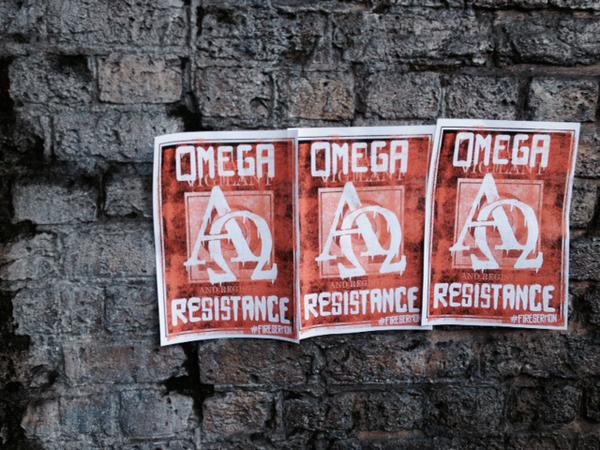 Probably the strongest element of the novel is the empowering sentiment when it comes to dealing with people with disabilities. All the omegas, minus the rare seers, have physical deformities. However, they are depicted as more than capable no matter how difficult their physicality might make life. The strongest warriors we are presented with are often missing limbs. The overall message of the novel is not to disregard anyone, no matter what they look like. People will surprise you, and nothing is out of reach.
Probably the strongest element of the novel is the empowering sentiment when it comes to dealing with people with disabilities. All the omegas, minus the rare seers, have physical deformities. However, they are depicted as more than capable no matter how difficult their physicality might make life. The strongest warriors we are presented with are often missing limbs. The overall message of the novel is not to disregard anyone, no matter what they look like. People will surprise you, and nothing is out of reach.
‘Join the resistance, free the Omegas’
Verdict: While this is an easy, enjoyable read, it doesn’t hold up when compared to some of the very strong entrants already in the YA dystopian category. We may not have long to wait for it to hit screens though, as DreamWorks picked up film rights before the novel even published.
 Pop Verse Pop Culture Universe
Pop Verse Pop Culture Universe
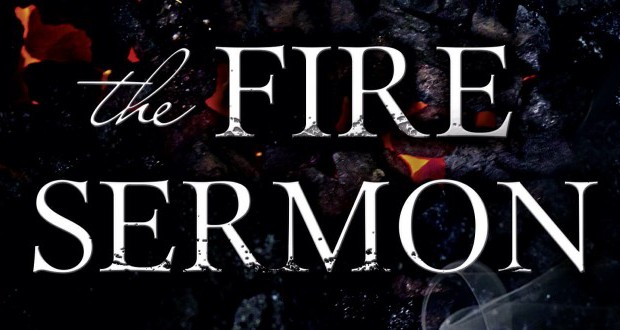



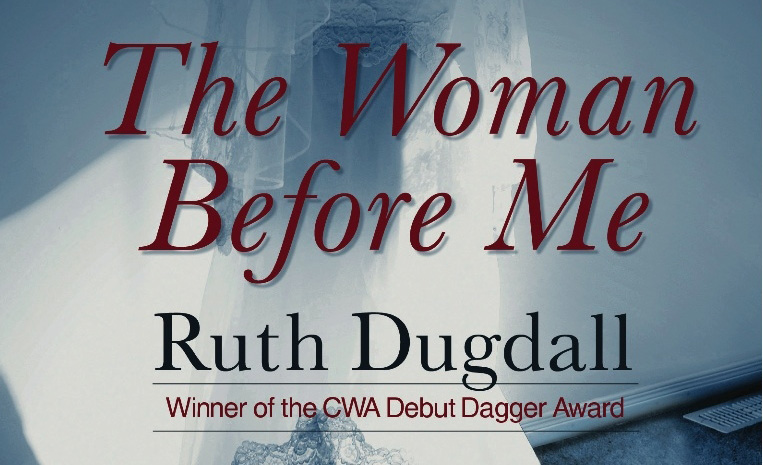


Agree with everything you say here. Ironic that the author spends time building emotional interiors of the characters only for them to be some of the flattest I’ve ever read. There was nothing at all likeable about Cass from beginning to end, very reactive as you say and the relationship was terribly forced. I think the only real quality is the excellent prose (when it’s not in ‘tell mode’ that is) and the serious social questions Haig unflinchingly addresses. Why are these ‘hyped’ (and film rights sold) novels always disappointments!
It’s just unfortunate when the hype, and film adaptations, etc are based off what’s been done well before. Why not hype something completely new and different rather than a rehashing of things we’ve seen before?!
Money!? Hollywood are great at making terrible franchises that milk an originally successful idea dry.
Yes, I know. I’m hopelessly naive and idealistic wishing that creative endeavours were driven by quality and originality rather than simply cash…